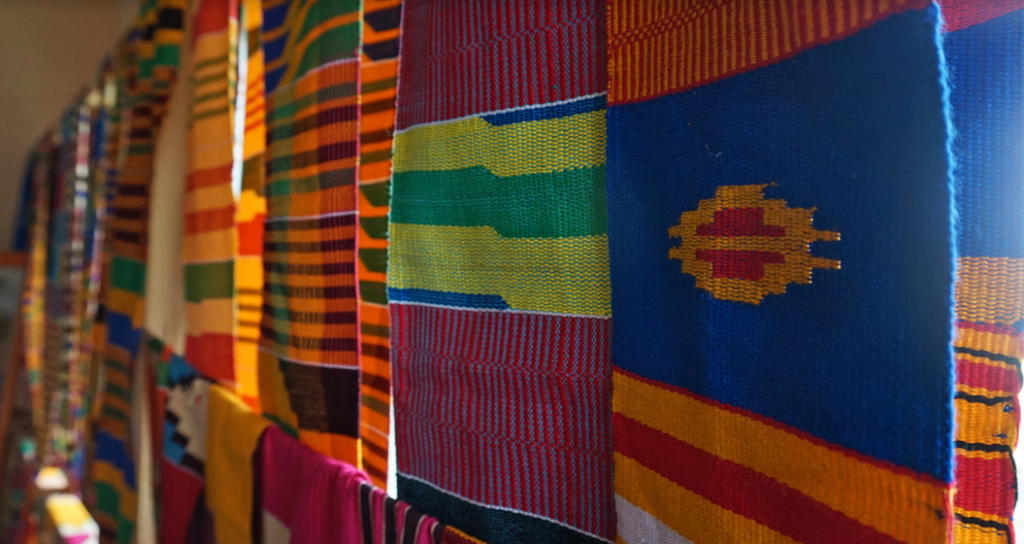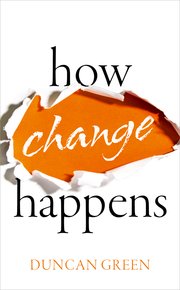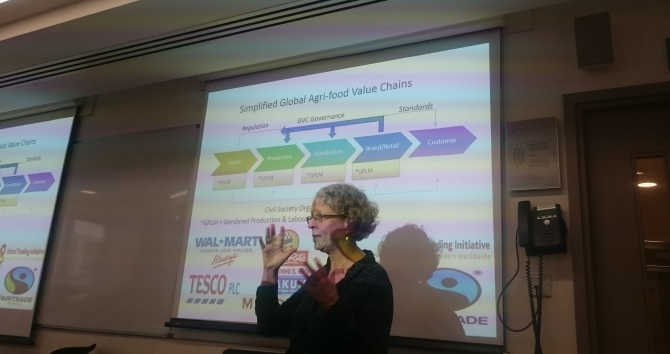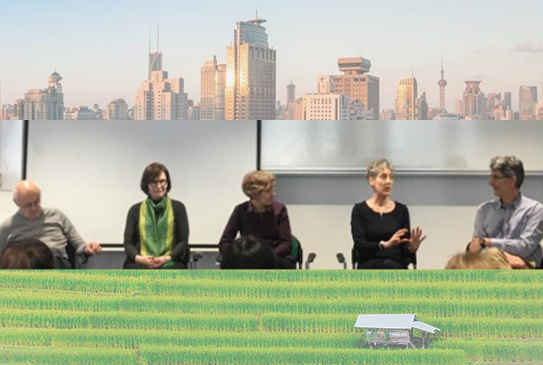Since graduating from the LSE with an MSc in Development Management, Gen Kawasaki has co-developed a social impact company that specialises in selling customised graduation scarves to students across the UK. The scarves are hand-woven by cooperatives in Ghana and have a strong emphasis on promoting kente cloth and its heritage – a type of Ghanaian fabric made of interwoven cloth strips. Gen tells us about how his time at LSE inspired him to start Kente Master UK.
Interestingly enough, fashion and culture holds a central role in international development. Firstly, the international development community has increasingly researched and invested into the potential of culture and art as a means to promote socio-economic growth. Whilst international organisations have been exploring ways to promote developing countries’ creative sectors as a means for economic growth, social impact companies have been on the forefront, promoting local employment and growth whilst contributing to the international trade of cultural goods.
Whilst many international development students graduate and start their careers in government, development agencies, consultancies or NGOs, I decided to take the route of social entrepreneurship by partnering up with a Ghanaian fashion company and spearheading their expansion into new markets. Here is a quick snapshot of my story…

During my MSc in Development Management at the LSE, I had the opportunity to work for the Inter-American Development Bank’s (IADB) Haiti Office, advising them with strategies to develop a cultural centre in Port-au-Prince as a way to support Haitian artisans and the creative sector to expand their market share and capitalise on tourism revenues. Whilst taking courses such as development economics and research methodologies helped me have an academic understanding of the development world, having hands-on experience working alongside Haitian creatives and artists was an eye-opening experience in terms of seeing arts and culture as a means to promote local economic development.

In fact, culture in international development plays more of a central role than most people think. Think of it, culture influences the very core of human interactions: from day-to-day communication, the sense of agency and even the concept of hospitality. Across any country across the world, culture is something to be cherished, to be celebrated and to be shared as we enter an increasingly globalised world. What good is implementing a programme, starting a business or rolling out a project within a developing context if local intricacies and cultural nuances are not taken into account?

After graduation, my flatmate-of-five-years Daniyel and I were thinking about setting up a company that would provide both socio-economic empowerment to local artisans in Ghana, where he was born, whilst promoting cross-cultural exchanges across Africa and Europe. After talking to his family in Ghana and doing some research, we decided to focus on kente scarves that could be used for graduation ceremonies and business purposes. We eventually partnered up with a Ghanaian fashion company and have started supported them enter new markets under the name of Kente Master UK.

The amazing thing about all our scarves is that they hand-woven by weaving families in Ghana, meaning that we are actively engaged in improving the socio-economic status and livelihood of our weavers in Ghana. The Kente cloth in itself is woven by our expert weavers who use the same traditional technique by which kente was first woven centuries ago. This means that they handcraft and design everything from scratch, which includes the thread, colour, pattern, weaving and seaming – ultimately leaving the consumer with an authentic, quality product.
This creates a win-win situation where our weavers in Kumasi are able to export their work internationally and generate more revenue to be re-invested in their business and communities whilst students are able to receive authentic and customised scarves and supporting the development of local businesses in Ghana.

Since setting up the business, we have been providing hand-woven custom graduation scarves to universities across the world to celebrate one of the most proudest and happiest season of a student’s year: Graduation! Since our scarves can be customised with university logos, names and colour schemes, this gives the students to buy very uniquely tailored scarves with custom university or society logos as well as flags and their names. We have also supported various societies at universities, who have purchased committee scarves to represent their heritage. Overall, it helps universities highlight their commitment to global economic development and celebrate the diversity and achievement of their students.

Kente Master UK has three objectives. Firstly, promoting the work of Ghanaian artisans, weavers and creatives and supporting their global expansion which would in return help them further develop their businesses and communities. Secondly, it aims to bring a sense of pride, celebration and reward to the student’s hard work on the day of their graduation (on top of providing hand-made, customised and awesome scarves on their big day). This also means thinking differently as culture; not as a barrier to overcome but rather a thing to be shared and to be proud of. Thirdly, to rethink about what international development means and to see culture and economic development as two intertwined issues that helps build bridges between people from different countries.

We have been quite successful so far and have now made sales globally and even received sponsorship from the World Bank and Enactus. I am excited to see what the future holds and working alongside universities on their exciting graduation days. Currently, the International Development Department are supporting us in the run up to the December graduations, so if you are interested in getting a customised scarf, make sure to message us!
The company was developed as a collaboration between students from the LSE, King’s College London and the Kwame Nkrumah University of Science and Technology in Ghana. Gen and Daniyel (the UK co-founders) aim to visit Accra and Kumasi (Ghana) in the coming months.
To order graduation scarves, feel free to e-mail them at kentemasteruk@gmail.com or visit them on Instagram @kentemasteruk. Deadline for orders for this year’s LSE Graduation is 20th November!
Gen Kawasaki hold an MSc from the LSE and a BA from King’s College London. Whilst at university, he consulted for the Inter-American Bank and worked for the UK Department for International Trade and various think tanks as well as being active in the KCL and LSE African-Caribbean Societies. He is interested in building bridges between different cultures and promoting entrepreneurship within the creative sector.
The views expressed in this post are those of the author and in no way reflect those of the International Development LSE blog or the London School of Economics and Political Science.





